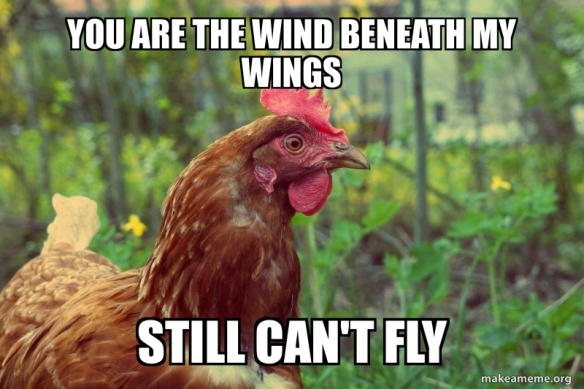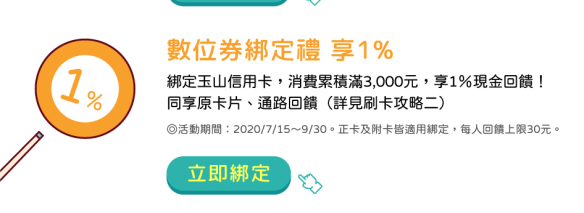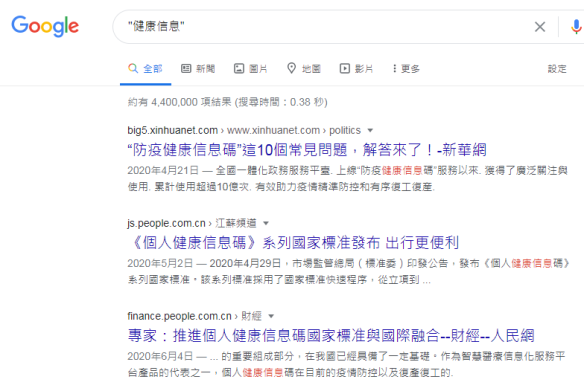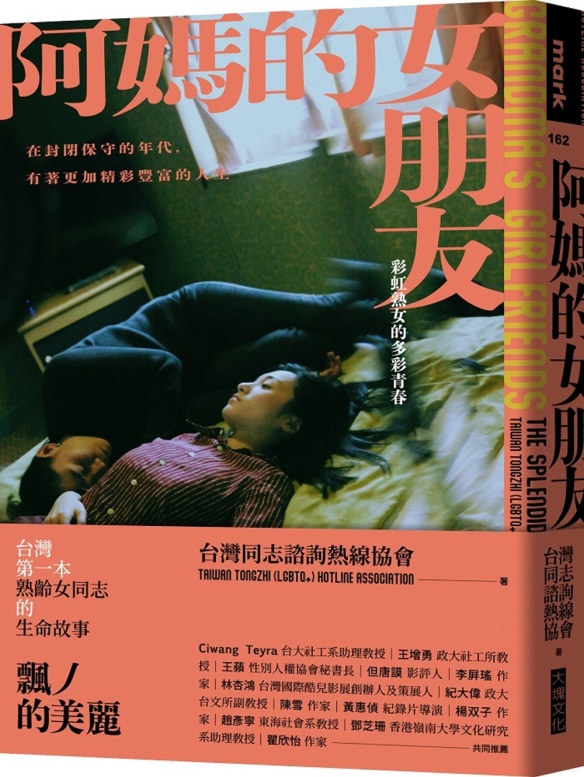Do you feel like subtweeting your arch-enemy isn’t quite enough for you? The solution may be going through their master/doctoral thesis to point out minor spelling errors and format issues (if it’s good enough for the KMT it’s good enough for me). Now you don’t even have to squeeze your National Central Library card into your already overstuffed wallet to gain access to the ivory tower and your enemy’s vulnerable sentence structures.

All you have to do is bring your ARC or passport and your EasyCard (including virtual Easycards) to the registration counter with an application form (available in the registration area). They’ll take a quick photo and tie your library card account to your EasyCard. You’ll also get a library card, but you can use your EasyCard in its place for all functions. They’ll give you a small sticker for your EasyCard to remind you about your library membership:

The library card has been updated from the laminated one of old, and now looks like this:

And away we go…

But… more seriously, if you need access to a doctoral or masters thesis and it’s not online, you can click 點閱 beside the paper thesis listing and a number will be assigned to your query. You can then check your collection number by swiping your EasyCard on the computer beside the collection counter and a screen will tell you when it’s ready for collection:

BTW President Tsai Ing-wen’s thesis is real.


















